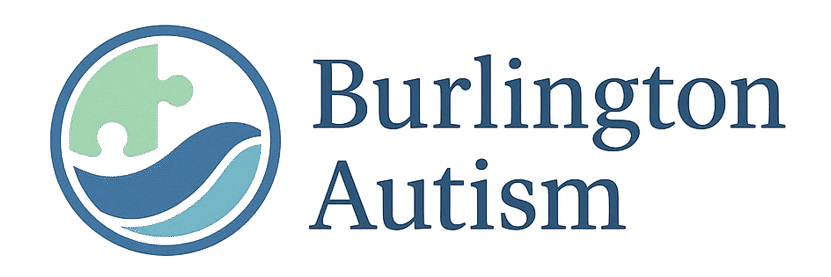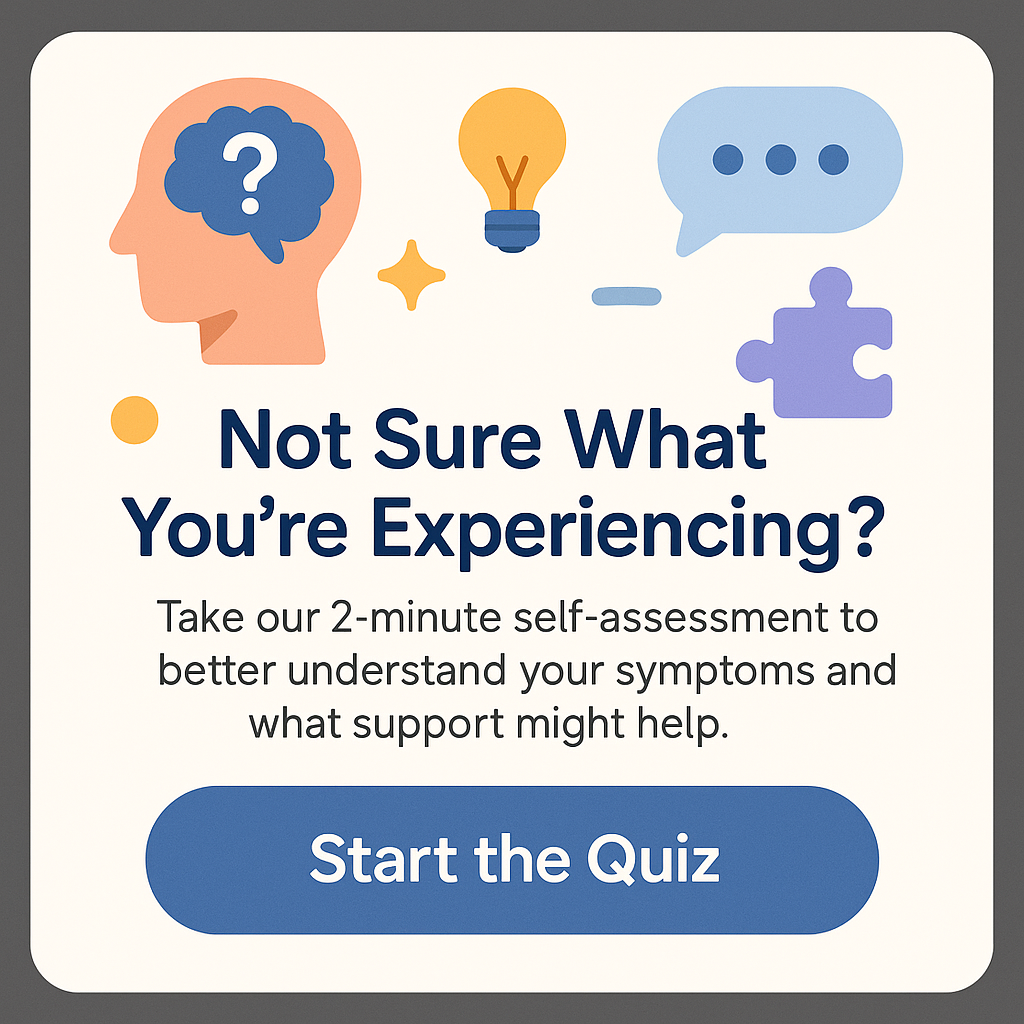Do People with Autism Get Free Money?
Do people with autism get free money? This is a question many individuals, families, and caregivers often ask. Autism spectrum disorder (ASD) affects millions of people worldwide, and understanding the financial resources available for support can be crucial. Many programs offer various types of assistance, including financial aid, grants, and support services aimed at helping those on the autism spectrum lead fulfilling lives. In this article, we’ll dive into the types of financial assistance that exist for individuals with autism, how to access these resources, and the challenges that may come along the way. We will explore topics such as government programs, non-profit organizations, and local community resources that could provide financial help. If you’re curious about how individuals with autism can navigate this financial landscape, keep reading!
Understanding Government Assistance for Individuals with Autism
When asking, do people with autism get free money?, it’s essential first to explore the various government assistance programs available. In many countries, individuals with disabilities, including autism, are entitled to specific benefits aimed at enhancing their quality of life.
In the United States, one of the primary forms of assistance is through the Social Security Administration (SSA). There are two main programs available for those with disabilities:
- Social Security Disability Insurance (SSDI): This program provides financial assistance to individuals who have worked and paid Social Security taxes but can no longer work due to their disabilities. For individuals with autism who qualify, SSDI can provide monthly benefits to help cover living expenses.
- Supplemental Security Income (SSI): Unlike SSDI, SSI is a need-based program that provides monthly payments to individuals with low income and limited resources. Many individuals with autism may qualify for SSI if they meet specific income and disability criteria.
To apply for either of these programs, you will need to provide documentation, which may include medical records, evaluations from qualified professionals, and information about your work history. The application process can be lengthy and may require persistence, but it’s an invaluable resource for many families.
Aside from SSDI and SSI, other government programs may assist individuals with autism, including Medicaid, which can help cover medical expenses. Each state may have varying eligibility criteria, so it’s important to research local regulations and find what services are available.
Non-Profit Organizations and Grants for Autism
While direct government assistance is a significant avenue for financial aid, numerous non-profit organizations also play a critical role in supporting individuals with autism. These organizations often provide grants to help with specific needs ranging from educational expenses to social skills training.
For example, organizations like the Autism Speaks offer grants aimed at enhancing the lives of individuals with autism. These grants can cover a wide array of needs, from therapy sessions to assistive technology. Moreover, they often have resources for families looking to delve deeper into educational opportunities or therapies that best suit their loved one’s needs.
Another significant source of funding is the Asperger’s Association of New England (AANE), which provides resources and information on grants available to individuals with autism. They support everything from independent living to educational conflicts faced by parents and caregivers.
Moreover, various local community foundations often offer scholarships and grants to individuals with disabilities, including autism. These resources can be incredibly valuable for enhancing personal development and aiding those with autism in gaining independence.
When looking for non-profit support, consider searching locally as many community organizations will have resources tailored to residents in that area. This can include programs that operate workshops, social events, or educational talks aimed explicitly at helping children and adults with autism.
Resources for Families Navigating Financial Aid
Understanding the financial aid landscape for autism can feel overwhelming. Many families don’t know where to start when seeking assistance. If the question of whether do people with autism get free money is looming over your household, take a deep breath—there are many resources to help!
First, begin by consulting with your child’s school or local special education district. Many schools have resources dedicated to helping parents of children with disabilities, including autism. They can often guide the various available programs and aid opportunities.
Additionally, advocacy groups such as the National Institute of Child Health and Human Development (NICHD) provide essential information and resources for families. Not only can they offer guidance on navigating government programs, but they also give insight into how to advocate for your child’s needs effectively.
Another crucial step is engaging with online communities and forums. Websites like Wrong Planet provide platforms where individuals on the spectrum and their families share experiences, tips, and resources that can aid in financial planning and accessing funds. These grassroots connections can often lead to discovering unique funding opportunities or local grants that may not be widely known.
The Challenges of Obtaining Financial Assistance
Even with a plethora of resources available, navigating financial assistance options can come with challenges. Some families may find that applications for government programs can be quite complicated and time-consuming. Often, individuals are denied initially, creating a daunting appeal process that can deter people from pursuing aid altogether. This can lead to families feeling discouraged and unsure about how to effectively advocate for their loved ones.
Another concern is the stigma that can surround receiving financial aid for disability. Families may face societal perceptions about financial dependence, which can create an added layer of stress when seeking help. It’s crucial to remember that seeking assistance does not signify failure but is a step toward ensuring that individuals with autism receive the support they deserve.
Moreover, the landscape of financial support is continually changing as governments and organizations adapt their funding. This requires families to be proactive in their research and remain informed about shifts in programs and eligibility. Staying up-to-date with legislative changes or new funding opportunities can make a significant difference in the level of assistance received.
Ultimately, while there are numerous resources available for those asking, do people with autism get free money?, the success in navigating this landscape rests in understanding available support, knowing how to access it, and advocating passionately for your loved one.
Conclusion
When it comes to the question of do people with autism get free money?, the answer is multifaceted. While there are numerous programs that provide financial aid and support for individuals with autism, navigating these options can sometimes feel like an uphill battle. Key resources such as government assistance programs, non-profit grants, and local community organizations play vital roles in providing support.
For families, understanding where to seek assistance and how to advocate effectively can empower them to find the necessary resources, leading to a more secure and supportive environment for their loved ones on the autism spectrum. By actively engaging with available programs and staying informed about potential changes, families can overcome obstacles and secure the support needed to thrive. Remember, seeking help is a sign of strength, not weakness, and it’s okay to reach out for support along the way.
FAQs
1. What benefits are available for people with autism?
Benefits may include Social Security Disability Insurance (SSDI), Supplemental Security Income (SSI), Medicaid, and assistance from various non-profit organizations.
2. How do I apply for government assistance for autism?
You can start by visiting the Social Security Administration’s website or contacting your local disability services office for guidance on the application process.
3. Are there grants specifically for autism-related needs?
Yes, various organizations like Autism Speaks and local community foundations offer grants for educational needs, therapy, and other services.
4. Can families receive financial assistance for autism-related care?
Yes, families may be eligible for financial assistance through government programs and private grants to help cover autism-related expenses.
5. What challenges might families face when seeking aid for autism?
Families may experience a lengthy application process, potential denials, stigma surrounding receiving aid, and difficulty keeping up with changes in funding.
What is the most autistic friendly country?







